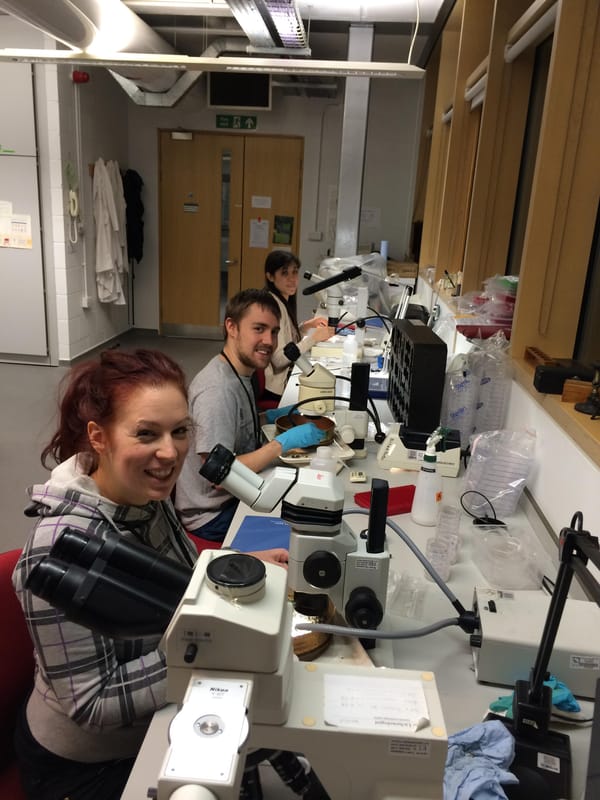
A forest’s fungi with Professor Martin Bidartondo
It is increasingly being recognised that to protect plants, you have to protect the fungi that support them.
Contact: science.felix@imperial.ac.uk

It is increasingly being recognised that to protect plants, you have to protect the fungi that support them.
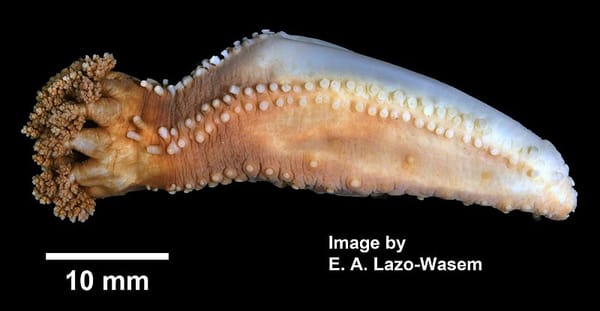
Marine invertebrates may hold the key to developing effective cancer treatments, but we are reducing their populations
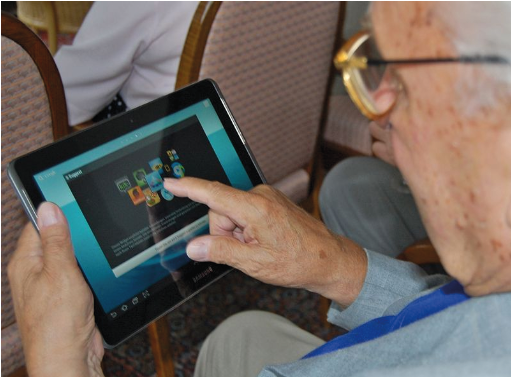
There is a growing need for computer and phone interfaces which account for the needs of the elderly population

The biggest events in science at Imperial and from around the world this week

Dr Matthew Bonner is a Research Assistant at Hazelab, a fire science research group in the Department of Mechanical Engineering
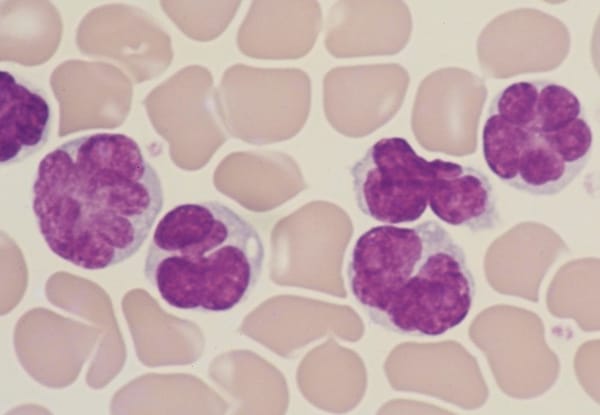
Human T-lymphotropic virus (HTLV-1) is a virus which mainly infects T cells
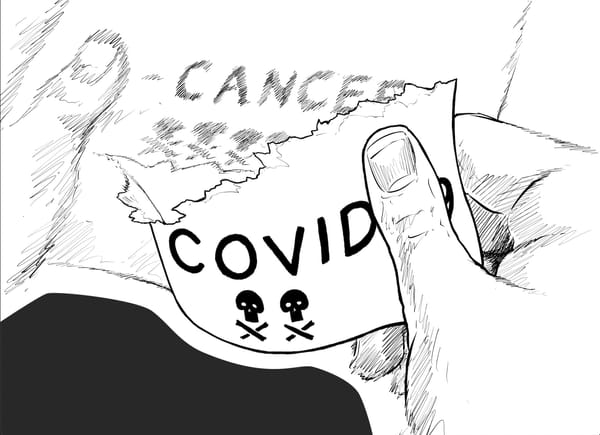
602,350 people died of cancer in 2020 in the US, and cancer still took the lead over COVID-19 in death toll even in the worst affected countries
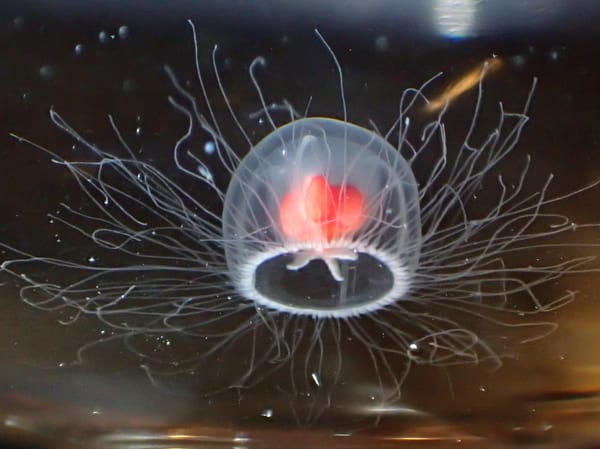
Death is ubiquitous in nature... and so is mocking it!

COVID-19 has plagued our lives for almost two years now, however, varying CoV strains have been around for much longer.
Science writer Leo Zhang explores the 1975 science philosophy book, “Against Method”, by Paul Feyerabend
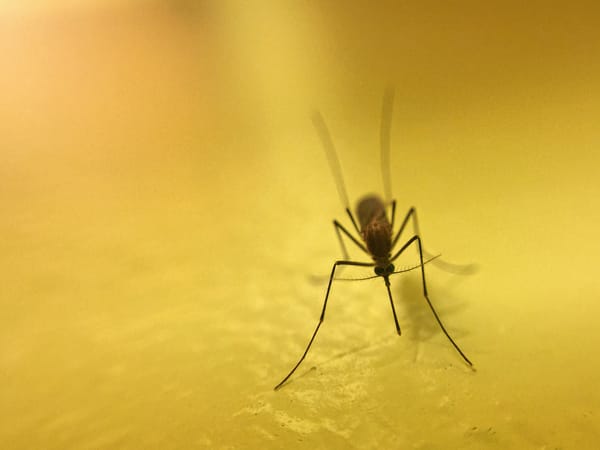
A weekly summary of interesting headlines in Science and Technology

Felix Science covers the achievements that won scientists the Nobel Prize this year.